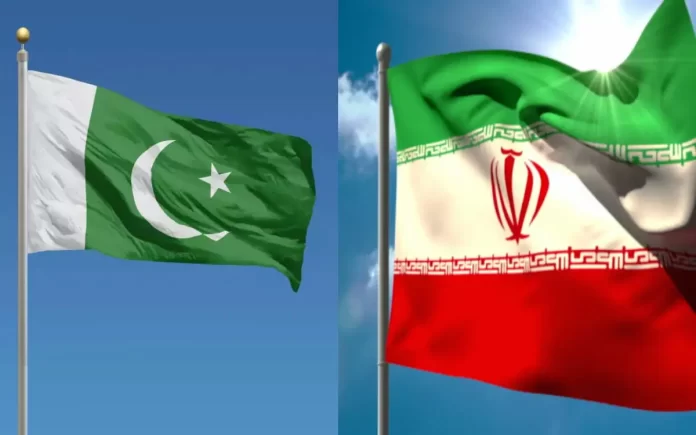Islamabad: In a significant move, the Pakistan government has given the green light for the construction of its section of the Iran-Pakistan (IP) gas pipeline, marking a crucial step amidst looming penalty fears.
The approval for the initial phase covering an 80-kilometer segment within Pakistan was granted by the Cabinet Committee on Energy (CCoE) of the interim government, just days before the new administration takes office following the February 8 elections.
According to an official statement, “The Pakistan government has approved the start of construction work on its segment of the Iran-Pakistan (IP) gas pipeline.”
The project’s commencement is slated from the Pakistan-Iran border, extending up to Gwadar, a strategic port city in Balochistan province, in its first phase.
“All the concerned divisions gave a positive nod to move ahead with the project to ensure gas supplies to the people of Pakistan, thereby addressing the increasing energy needs of the country,” the statement emphasized.
Pakistan’s Interstate Gas Systems (Pvt) Ltd has been tasked with executing the project, to be financed through the Gas Infrastructure Development Cess (GIDC).
Reports indicate that Pakistan’s decision to initiate the project stems from concerns over a potential $18 billion penalty for failing to meet project deadlines.
Iran has extended a grace period of 180 days until September 2024 to prevent legal action in international courts. However, experts caution that strained diplomatic relations between Pakistan and Iran could result if legal action ensues to safeguard Iran’s pipeline project rights.
Initially conceptualized as the India-Pakistan-Iran gas pipeline, the project evolved into a bilateral initiative between Pakistan and Iran after India’s withdrawal.
Despite US-imposed sanctions on Iran related to its nuclear program, Pakistan remains committed to progressing with the IP gas pipeline’s construction within its borders as a sign of solidarity with Tehran.
In March 2013, a groundbreaking ceremony for the project took place near Iran’s Chabahar port, with an estimated cost of $7.5 billion at the time.
Both nations inked a Gas Sales Purchase Agreement (GSPA), obligating Pakistan to kickstart construction on the IP project. However, Pakistan faced delays in commencing construction, largely attributed to US pressure and sanctions on Iran, despite Iran’s claims of completing its side of the pipeline.
Last year, Pakistan’s Public Accounts Committee was apprised of the looming penalty of $18 billion if progress wasn’t made on the Iran-Pakistan Gas Pipeline project.



